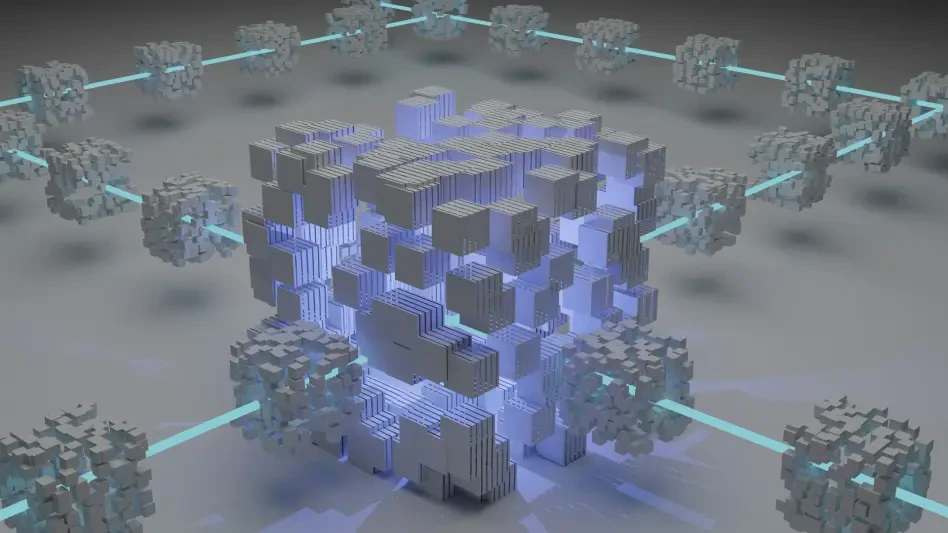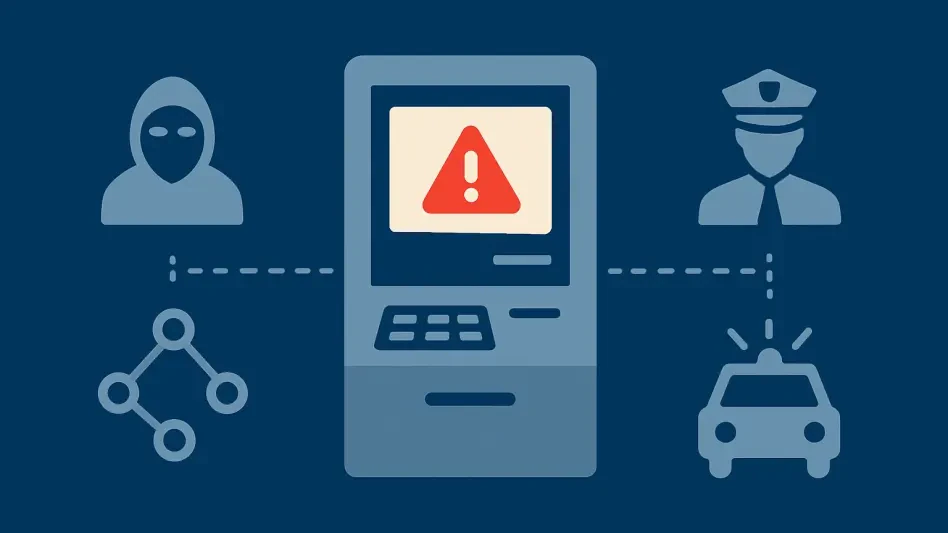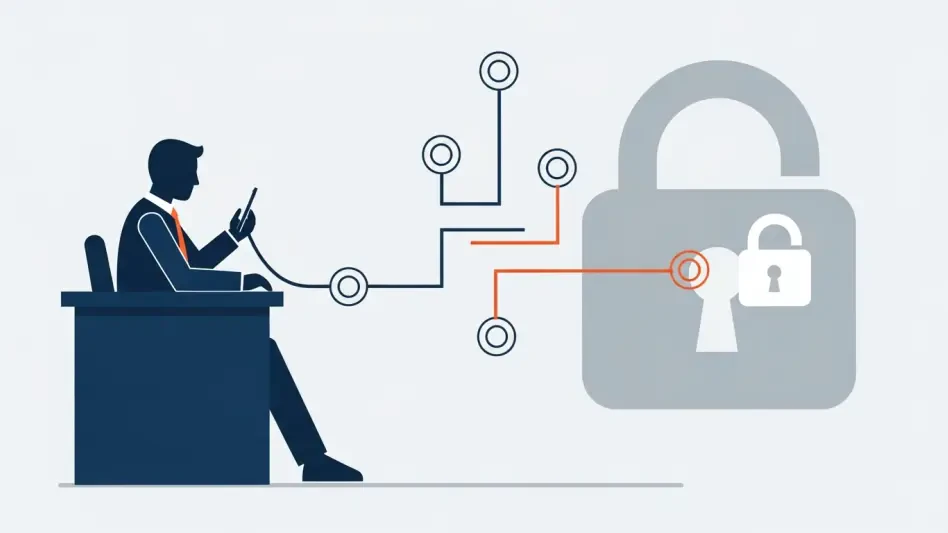The Solana blockchain network recently faced a formidable security threat that underscored the challenges associated with maintaining a decentralized financial ecosystem. A critical zero-day bug discovered on April 16 posed a severe risk by allowing potential attackers the ability to mint unlimited tokens and withdraw them from user accounts. The vulnerability was found in the ZK ElGamal Proof program, integral to the forthcoming Token-22’s confidential transfer feature. This flaw in the cryptographic processes, essentially involving errors within zero-knowledge proofs, could have had devastating implications for the network’s integrity. Despite the alarming nature of the vulnerability, the network was fortunate in that no known exploits or losses were attributed to this bug, a relief for those who rely on the platform for secure transactions.
Swift Response and Coordination
The rapid identification and subsequent resolution of this security lapse involved coordinated efforts by the Solana Foundation and several development teams, including Anza, Firedancer, and OtterSec security experts. They managed to develop and deploy a crucial patch for the exploit within two days, showcasing a robust response capability in crisis management. This swift action necessitated private coordination with network validators to ensure widespread implementation of the fix. However, this urgency stirred a discussion within the community about the potential implications for decentralization and transparency, fundamental values in the blockchain domain. Critics highlighted concerns regarding the private manner in which validators were contacted, suggesting that such practices might open pathways to censorship or network rollbacks.
In defense of the chosen strategy, Solana’s co-founder, Anatoly Yakovenko, drew parallels to similar crisis management practices seen in other blockchain networks like Ethereum. He suggested that centralized communication could sometimes be indispensable when addressing system vulnerabilities at speed. Despite these assurances, discussions continue about the need for transparency and comprehensive strategies that align with the decentralized ethos. Moreover, while the fault was theoretically significant, the actual consequences were somewhat limited. The confidential transfer feature was not heavily utilized across the network, markedly narrowing the real-world impact of the bug.
Broader Implications and Future Plans
While the critical bug unveiled vulnerabilities within Solana’s ecosystem, it also highlighted an area ripe for improvement—the reliance on Agave, Solana’s single production-ready client. This dependency stands in contrast to Ethereum’s diversified client ecosystem, a structure that inherently boosts the protocol’s resilience against single points of failure. In addressing this vulnerability, Solana has been proactive. The introduction of Firedancer as a new network client reflects an effort to build redundancy into the network architecture, thereby reducing centralization risks and enhancing overall security assurances.
This incident also brings attention to related institutional responses. For example, Paxos, a renowned financial institution, clarified that its digital assets were unaffected by the bug due to non-involvement with Solana’s confidential transfer features. Such declarations help restore confidence among stakeholders, highlighting the limited impact of the potential exploit. Moving forward, the community and development teams will likely need to consider implementing more robust procedures that maintain swift emergency responses without compromising on transparency. Moreover, with the addition of new clients and ongoing development, the network aims to fortify its security framework and propagate resilience among its components.
Reflecting on Security Challenges
To address a security breach, the Solana Foundation collaborated with teams like Anza, Firedancer, and OtterSec. These groups swiftly created and rolled out a patch within two days, highlighting their efficiency in managing crises. They required the cooperation of network validators for broad application of the fix, which prompted debate about implications for blockchain’s decentralization and transparency. Critics voiced concerns over the private communication with validators, fearing it might pave the way for censorship or rolling back network changes.
Anatoly Yakovenko, Solana’s co-founder, defended the approach by likening it to strategies in blockchain platforms such as Ethereum, where centralized communication can be vital for rapid issue resolution. However, the importance of transparency and strategies aligned with decentralization remains under discussion. Though theoretically significant, the security flaw’s actual impact was minimal; the confidential transfer feature wasn’t widely used, limiting the real-world consequences of the vulnerability.








